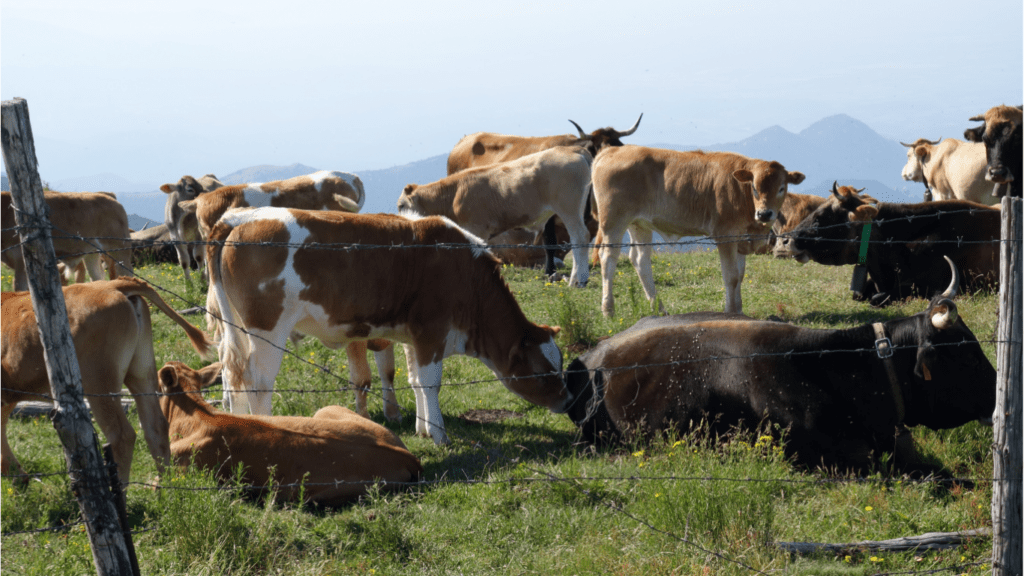Understanding Government Grants
Government grants for eco-friendly farming practices offer financial support to farmers committed to sustainable agriculture. These grants, provided by federal, state, and local government agencies, help cover costs associated with transitioning to environmentally-friendly methods.
Eligibility Criteria
Farmers must meet specific eligibility criteria to qualify for government grants. These criteria often include:
- Farm Size: Grants may require a minimum or maximum farm size.
- Type of Production: Organic, renewable energy, and sustainable farmers qualify.
- Location: Some grants target specific regions or communities.
- Project Scope: Projects focusing on conservation, soil health, and water use are prioritized.
Application Process
The application process involves several steps:
- Research Grants: Identify relevant grants from trusted sources like the USDA.
- Prepare Documentation: Gather financial statements, business plans, and project proposals.
- Submit Application: Complete and submit forms before deadlines.
- Follow Up: Monitor application status and provide additional information if requested.
Types of Grants
Different grants cater to various eco-friendly farming practices:
- Conservation Grants: These fund soil health, water management, and biodiversity projects.
- Renewable Energy Grants: Support installations like solar panels and wind turbines.
- Research and Development Grants: Promote innovative farming technologies and practices.
Success Stories
Many farmers have successfully utilized government grants to transform their practices. For example, organic farmers in Vermont accessed USDA grants to implement crop rotation and cover cropping, resulting in enhanced soil quality and reduced chemical use.
Challenges and Tips
Applying for government grants can be complex. Some tips to navigate this include:
- Start Early: Begin the application process well before the deadline.
- Seek Assistance: Consult with agricultural extension officers or grant writers.
- Keep Detailed Records: Maintain thorough documentation of farm activities and financials.
Understanding these aspects of government grants can significantly benefit farmers looking to adopt eco-friendly practices.
Types Of Eco-Friendly Farming Practices
Eco-friendly farming practices preserve resources and promote sustainability. Farmers integrate these methods to improve soil health, conserve water, and reduce pollution.
Organic Farming
Organic farming avoids synthetic chemicals and genetically modified organisms (GMOs). Farmers use natural fertilizers and pest control methods. For example, compost, manure, and crop rotation enrich soil and deter pests. Certification requires adherence to strict guidelines, ensuring products are genuinely organic.
Permaculture
Permaculture emphasizes designing agricultural ecosystems based on natural principles. Farmers create self-sustaining environments by combining crops and animals.
Techniques like companion planting and polycultures enhance biodiversity. For instance, planting nitrogen-fixing plants alongside main crops improves soil fertility.
Sustainable Livestock Management

Sustainable livestock management focuses on animal welfare and environmental stewardship. Farmers adopt rotational grazing, ensuring pasture recovery and reducing soil erosion.
Manure management practices minimize methane emissions. For example, composting manure converts waste into valuable fertilizer, lowering pollution levels.
Available Government Grants And Programs
Many government grants and programs support eco-friendly farming practices. Farmers can access federal and state-specific grants to improve sustainability on their farms.
Federal Programs
Federal programs offer substantial support for eco-friendly farming. The USDA’s Environmental Quality Incentives Program (EQIP) provides grants to farmers using conservation practices. This program covers areas like improving water quality and soil health.
The Renewable Energy for America Program (REAP) assists farmers in installing renewable energy systems, enhancing energy efficiency and reducing carbon footprints. The Conservation Stewardship Program (CSP) rewards farmers who maintain or improve their conservation efforts, offering financial incentives for sustainable practices.
State-Specific Grants
State-specific grants vary by state but offer tailored support for local farming needs. California’s Sustainable Agriculture Research & Education Program (SARE) funds projects focused on sustainable agriculture.
New York offers the Climate Resilient Farming Grant Program, aiding farms in reducing greenhouse gas emissions and increasing resilience to climate change. Iowa’s Water Quality Initiative provides grants for practices that improve water quality. These programs address unique regional concerns and offer targeted assistance for eco-friendly farming.
Application Process And Eligibility
Navigating the application process and understanding eligibility criteria are crucial steps for securing government grants for eco-friendly farming practices. Proper preparation ensures a higher chance of success.
Common Requirements
Every grant application demands certain essential criteria:
- Legal Farm Operation: Applicants must officially register their farms as legal business entities.
- Environmental Compliance: Farms need to comply with local, state, and federal environmental regulations.
- Project Proposal: Detailed descriptions outlining the eco-friendly practices or technologies planned for implementation are necessary.
- Financial Statements: Providing recent financial records demonstrates the farm’s viability and need for grant funds.
- Previous Performance: Documenting past achievements in sustainability practices can improve the application’s strength.
Tips For A Successful Application
Adopting strategic measures increases the likelihood of approval:
- Early Start: Begin the application process early to gather all required documents and prepare a compelling proposal.
- Seek Guidance: Utilize resources such as local agricultural extension offices or grant consultants for expert advice and feedback.
- Clear Objectives: Clearly define the project’s goals, the benefits for the environment, and the measurable outcomes.
- Accurate Data: Base your proposal on accurate data, showcasing the farm’s current status and the projected improvements.
- Community Impact: Highlight how the project benefits the broader community, potentially increasing the project’s attractiveness to grant reviewers.
By meeting these requirements and following these tips, eco-friendly farming grant applications stand a better chance of success.
Benefits Of Eco-Friendly Farming
Eco-friendly farming provides a range of benefits, including environmental protection and economic gains.
Environmental Impact
Eco-friendly farming helps improve soil health. Practices like crop rotation, cover cropping, and reduced tillage preserve soil structure and increase organic matter. This reduces erosion and enhances nutrient content. It’s critical for preventing land degradation.
Biodiversity thrives with eco-friendly farming. Organic farms, for example, often have more species than conventional farms. Diverse ecosystems support natural pest control and pollination, reducing the need for chemical inputs.
Water conservation benefits from sustainable practices. Drip irrigation and rainwater harvesting maximize water use efficiency. Such methods reduce dependence on freshwater sources and help manage drought conditions.
Economic Advantages
Cost savings arise from eco-friendly farming. Reduced pesticide and fertilizer use lowers input costs. Renewable energy installations, like solar panels, cut energy expenses over time.
Market opportunities expand with green farming. Consumers increasingly prefer sustainable and organic products. This demand allows farmers to charge premium prices, boosting revenue potential.
Long-term resilience strengthens through eco-friendly practices. Healthier soils and efficient water use protect against climate change impacts. This stability ensures sustained productivity and reduces the risk of crop failure.
Government grants support the adoption of these practices. Programs like EQIP and REAP provide financial assistance for implementing eco-friendly technologies. This reduces the initial investment burden for farmers and encourages wider adoption.



